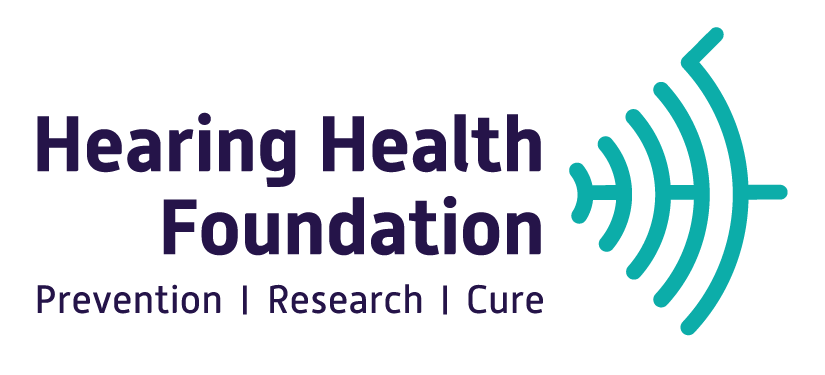By Daniel Fink, M.D.
That’s the question currently being asked by the U.S. Preventive Services Task Force (USPSTF), which just posted its draft recommendations for public comment, along with this statement: “[The USPSTF] concludes that the current evidence is insufficient to assess the balance of benefits and harms of screening for hearing loss in older adults.”
The public can access the draft evidence review of the published research studies about the benefits of screening for hearing loss among older adults (50 years old and up).
The public comment period for both the draft recommendations and the draft evidence review is open until Oct. 5, 2020. Public comments may be made online.
The USPSTF has concluded insufficient evidence to assess the balance of benefits and harms of screening for hearing loss in older adults ages 50 and older. Do you agree or disagree? Make your voice heard online through October 5.
Why does this matter? According to its website, “The U.S. Preventive Services Task Force is an independent group of national experts in prevention and evidence-based medicine that makes recommendations to primary care clinicians about preventive services.
“The USPSTF works to improve the health of all Americans by making evidence-based recommendations about a wide variety of clinical preventive services such as screenings, counseling services, and preventive medications. Recommendations address only services offered in the primary care setting or services referred by a primary care clinician."
A recommendation by the USPSTF not only helps guide medical practice, but it carries financial implications as well.
The USPSTF website also states, "Insurers now must cover evidence-based services for adults that have a rating of ‘A’ or ‘B’ in the current recommendations of the United States Preventive Services Task Force."
The Affordable Care Act required insurance companies to cover USPSTF screening recommendations beginning Aug. 1, 2012, as part of the legislation. A- and B-level recommendations have the highest level of support in the evidence reviewed.
As previously noted, the USPSTF found that the published evidence of the benefits of screening for hearing loss did not support recommending screening older adults for hearing loss at this time.
Hearing loss is like high blood pressure or skin cancer. It doesn’t cause any pain, and people often don’t know they have it. A 2017 publication from the U.S. Centers for Disease Control and Prevention found that of American adults with hearing loss, almost 25 percent didn’t know they had any hearing problem.
Hearing loss in adults is not a benign condition. Research has shown it is associated in younger adults with lower educational attainment and less economic success. In older adults, the adverse impacts of hearing loss are increasingly well documented, and include social isolation, depression, dementia, and falls.
These effects are summarized in a 2017 article in the New England Journal of Medicine, coauthored by Debara Tucci, Ph.D., now the head of the NIDCD (and a 1992–93 Emerging Research Grants scientist and former member of Hearing Health Foundation’s Council of Scientific Trustees) and in a World Health Organization publication from 2000.
The problem is that the body of published research that determines whether treating hearing loss through hearing aids has any benefit is insufficient, according to the USPSTF.
Make your voice heard on this issue: Comments are open till Oct. 5.
Daniel Fink, M.D., is the founding chair of the Quiet Coalition; the interim chair of Quiet Communities' Health Advisory Council; and a former board member of the American Tinnitus Association. He serves as an expert consultant to the World Health Organization on its Make Listening Safe Program, and as a subject matter adviser on noise and the public to the National Center for Environmental Health at the U.S. Centers for Disease Control and Prevention.



